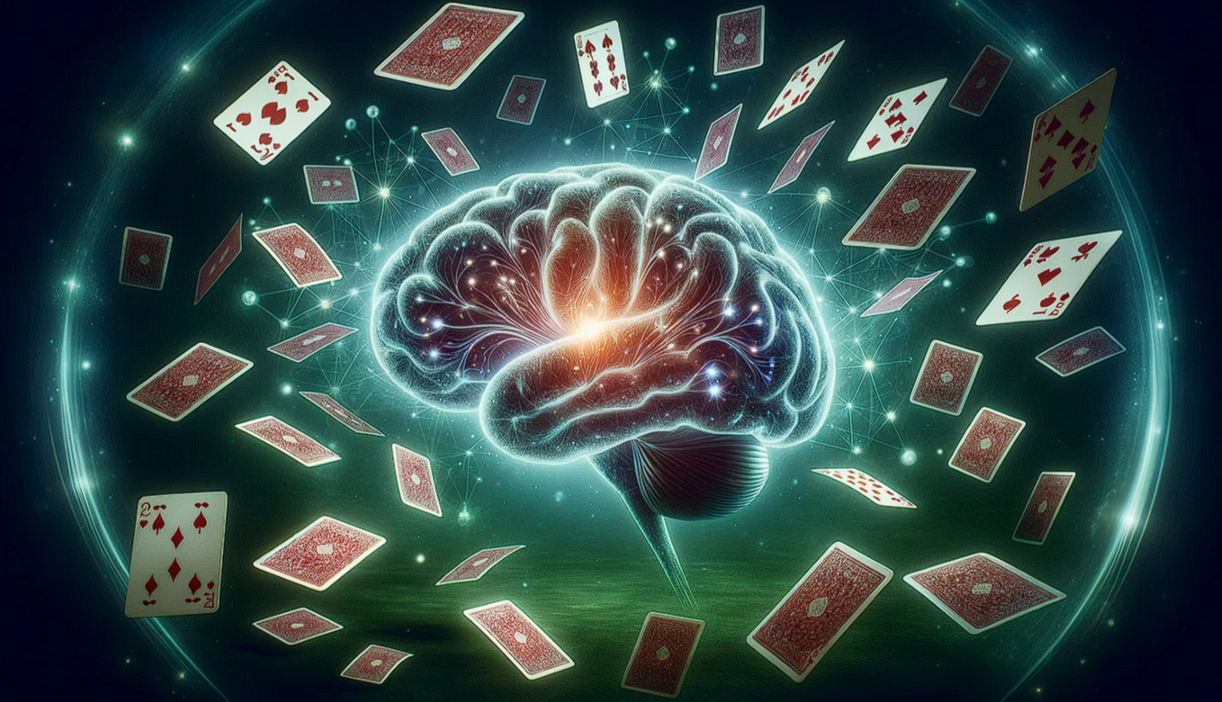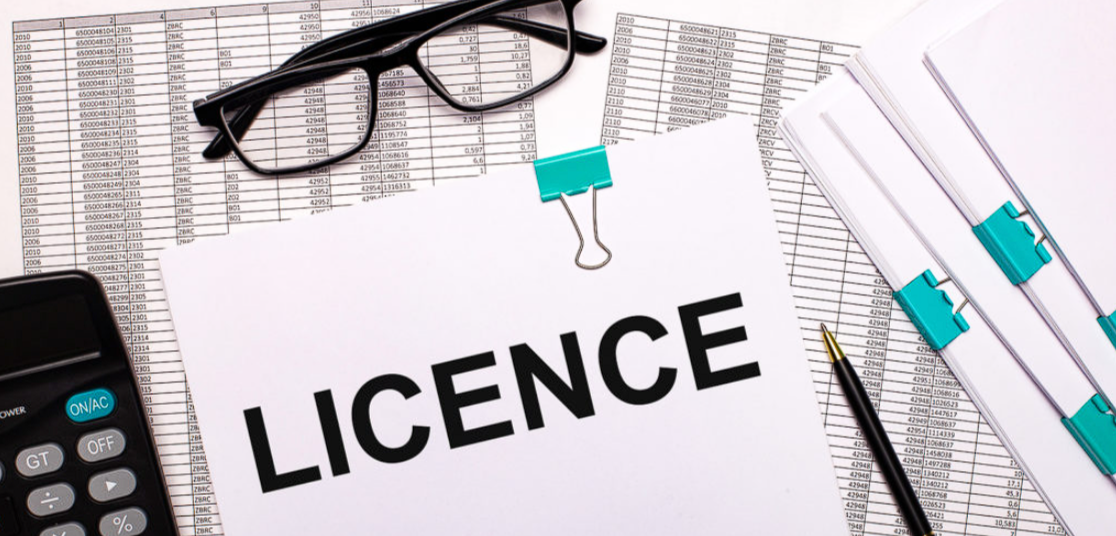Gambling, whether it’s betting on sports, playing casino games, or engaging in other forms of wagering, is a complex behavior influenced by various psychological factors. Understanding the psychology of gambling can provide valuable insights for bettors, helping them make informed decisions and maintain a healthy relationship with betting activities. This article explores the psychological aspects of gambling, focusing on motivation, cognitive biases, and the impact on mental health.
The Motivation Behind Gambling
Gambling is driven by a variety of motivations, which can be categorized into intrinsic and extrinsic factors. Understanding these motivations is crucial for recognizing the underlying reasons behind gambling behavior.
- Intrinsic Motivations:
- Excitement and Thrill: The anticipation of winning and the thrill of taking risks are significant motivators for many gamblers.
- Challenge and Skill Development: Some individuals are drawn to gambling as a way to test their skills and strategies, particularly in games that require strategic thinking.
- Social Interaction: Gambling can provide opportunities for social engagement, whether it’s interacting with fellow bettors or participating in gambling communities.
- Extrinsic Motivations:
- Financial Gain: The potential for financial rewards is a primary motivator for many gamblers.
- Escapism: Gambling can serve as a form of escapism from daily stressors and challenges.
- Status and Recognition: Success in gambling can confer a sense of status and recognition among peers.

Cognitive Biases in Gambling
Cognitive biases play a significant role in gambling behavior, influencing decision-making processes and perceptions of risk and reward. Recognizing these biases can help bettors make more rational and informed choices.
- Gambler’s Fallacy:
- The belief that past events influence future outcomes, leading to the misconception that a particular result is “due” after a series of opposite outcomes.
- Example: Believing that a roulette ball is more likely to land on red after a series of black outcomes.
- Overconfidence Bias:
- Overestimating one’s abilities and knowledge, leading to excessive risk-taking and poor decision-making.
- Example: Being overly confident in one’s betting strategy despite a lack of supporting evidence.
- Loss Aversion:
- The tendency to prefer avoiding losses over acquiring equivalent gains, leading to conservative betting strategies.
- Example: Being more reluctant to bet on high-risk, high-reward options due to the fear of losing.
Strategies to Mitigate Cognitive Biases
- Education and Awareness: Increasing awareness of cognitive biases and their impact on decision-making can help bettors recognize and mitigate their influence.
- Data-Driven Decisions: Relying on data and statistical analysis can provide a more objective basis for betting decisions.
- Setting Realistic Goals: Establishing clear and realistic goals can help manage expectations and reduce the impact of cognitive biases.
The Impact of Gambling on Mental Health
Gambling can have both positive and negative effects on mental health, depending on the individual’s approach and the extent of their engagement. Understanding these impacts is essential for maintaining a healthy relationship with gambling.
- Positive Effects:
- Stress Relief: Engaging in gambling activities can provide a temporary escape from stress and daily pressures.
- Social Connection: Participating in gambling communities can foster a sense of belonging and social interaction.
- Mental Stimulation: Games that require strategic thinking and skill can provide mental stimulation and cognitive benefits.
- Negative Effects:
- Addiction: Excessive gambling can lead to addiction, characterized by compulsive behavior and a loss of control over gambling activities.
- Financial Stress: Financial losses from gambling can contribute to stress and anxiety, particularly if they impact one’s financial stability.
- Emotional Distress: The unpredictability and potential losses associated with gambling can lead to emotional distress, including feelings of guilt, regret, and frustration.
Promoting Responsible Gambling
- Setting Limits: Establishing limits on time and money spent on gambling can help prevent excessive engagement and financial losses.
- Seeking Support: Utilizing support resources, such as counseling services and support groups, can provide assistance for those struggling with problem gambling.
- Maintaining Balance: Engaging in a variety of activities and maintaining a balanced lifestyle can help prevent gambling from becoming an unhealthy obsession.
Conclusion
Understanding the psychology of gambling is essential for bettors seeking to maintain a healthy and enjoyable relationship with betting activities. By recognizing the motivations behind gambling, identifying cognitive biases, and promoting responsible gambling practices, bettors can make informed decisions and minimize the risks associated with gambling. Staying mindful of the psychological aspects of gambling and adopting a balanced approach can enhance the overall betting experience and contribute to long-term well-being.




